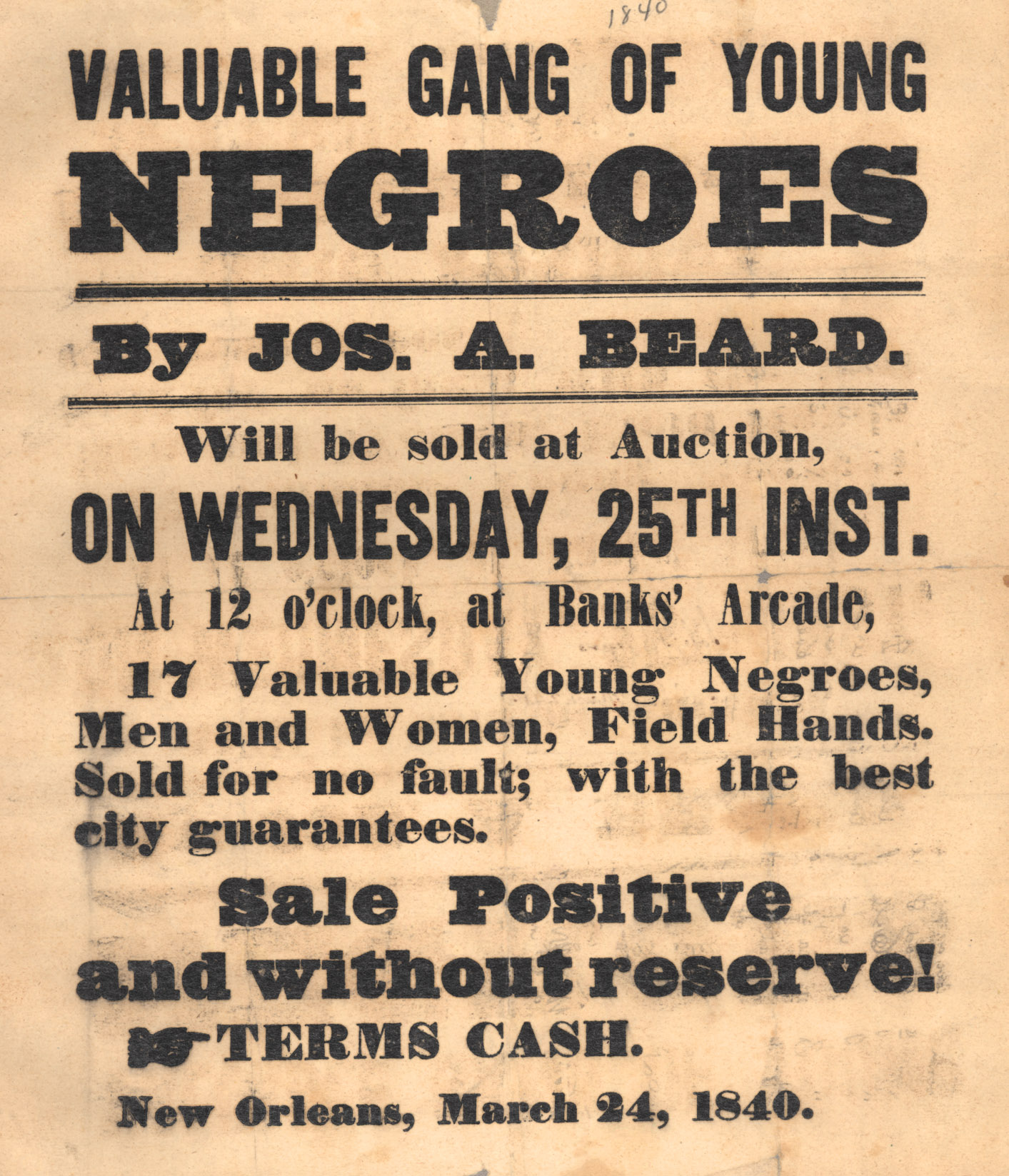He took up arms in betrayal of his oath to the Constitution in order to defend the right of white people to own and sell other human beings as property. I say again. He took up arms in betrayal of his oath to the Constitution in order to defend the right of white people to sell other human beings as property.I think that the detail that is lost is that political and military leaders used to put allegiance to the states over the federal government.
From a moral 'what do I do perspective,' Lee was faced with three choices:
1) Support the Union. This would abandon his values of allegiance to state over federal government.
2) Support the Confederacy, even though he understood the cause was dubious.
3) Resign his commission, which he viewed as an act of cowardice.
Thomas Jefferson used to refer to Virginia as 'my country.' We can't lose sight of this mentality when we analyze the decisions of civil war leaders to declare their allegiance. We also shouldn't lose sight of the rampid racism that existed in the north. Justice Clarence Thomas said the most racist place he ever lived was the northeast US. NY remains as one of the top 5 most segregated cities in America.
The Founding Fathers, for all their human flaws, rose in rebellion in order to further the cause of universal human rights, even if it was inadequately developed in their day. They and the rest of the American revolutionaries still did more to further that cause than arguably anyone else of their generation in the entire world.
The Confederates, on the other hand, rose in rebellion in a regressive movement that sought to deny those God-given rights to a class of people who had as much of a right to them as you or me. Why is this so difficult for you to condemn?

